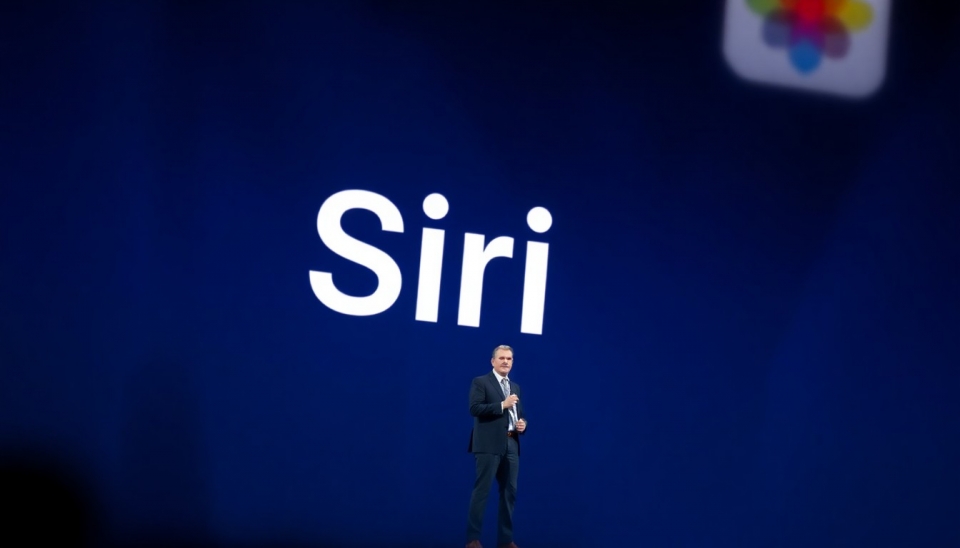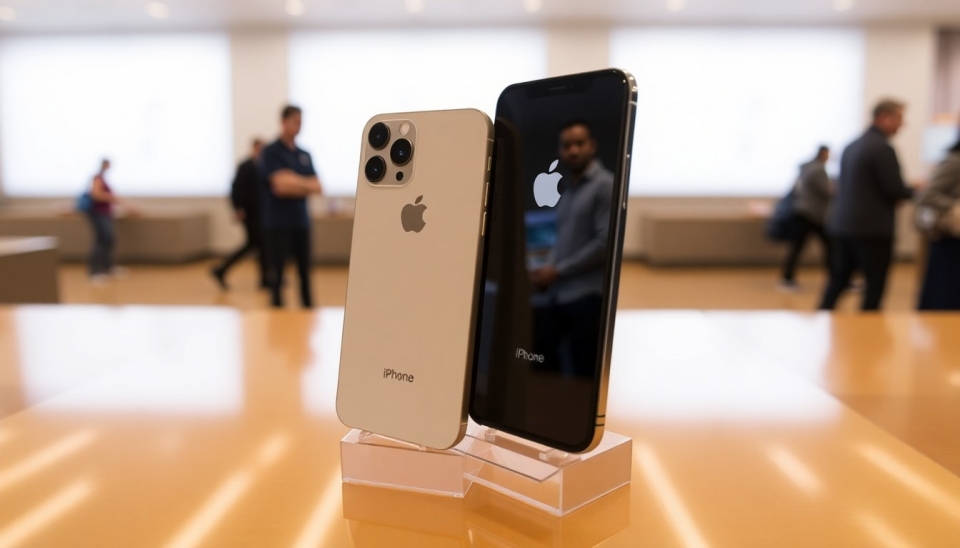
In a significant maneuver aimed at restoring its footing in Indonesia, Apple Inc. is reportedly proposing a substantial financial offer of $100 million to the Indonesian government. This initiative is intended to address the recent prohibition placed on the iPhone 16 models in the Southeast Asian country due to licensing and compliance issues.
The iPhone 16's ban came as a shock to many, as Indonesia is regarded as one of Apple's pivotal markets in the region. The local authorities cited non-compliance with legal stipulations related to import regulations and the necessity for devices to incorporate local content, which is a requirement under Indonesia's stringent telecommunications laws.
Apple's decision to pursue this solution reflects its commitment to ensuring that its devices are readily available to Indonesian consumers while adhering to local regulations. The tech giant's strategy involves negotiations with the government to find a path forward that would not only allow the iPhone 16 back onto shelves but also demonstrate Apple's willingness to invest in the local market.
Sources familiar with the negotiations have indicated that Apple's proposal includes a plan to enhance local content development and promote technological advancements within Indonesia. This move is expected to be beneficial not just for Apple, but also for Indonesian tech firms and workforce development.
In recent years, Indonesia has emerged as a crucial market for technology companies, fueled by a burgeoning middle class and increasing smartphone adoption rates. As part of its strategy, Apple is navigating complex regulatory environments to expand its footprint in Southeast Asia. By offering this substantial sum, the company is proactively seeking to mitigate challenges it faces within the highly competitive Indonesian smartphone market.
The outcome of these negotiations remains to be seen, but observers note that Apple's willingness to engage with the Indonesian government signals the company's recognition of the importance of compliance and local partnership in achieving growth in emerging markets.
This situation highlights the ongoing balancing act that multinational corporations like Apple must perform as they seek to innovate and penetrate diverse international markets, each with its own set of regulations and expectations.
As discussions unfold, industry analysts will be closely monitoring the progress of this proposal and its potential implications for both Apple and the Indonesian tech landscape. The stakes are high, and the hope is that a resolution can be reached that benefits all parties involved.
In conclusion, Apple’s strategic financial investment to challenge the iPhone 16 ban illustrates the company’s determination to maintain its presence in Indonesia, a burgeoning market with immense opportunities. The outcome of these negotiations could set a precedent for future multinational engagements in the region.
#Apple #iPhone16 #Indonesia #TechNews #RegulatoryCompliance #EmergingMarkets #SmartphoneMarket
Author: Liam Carter




